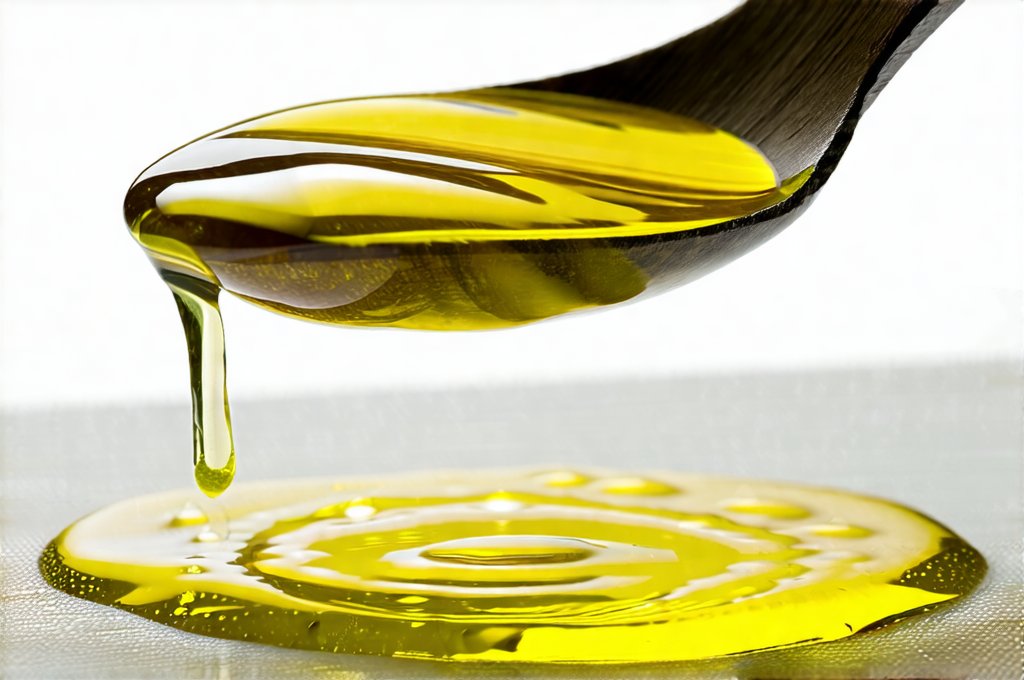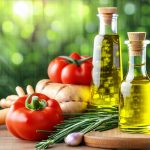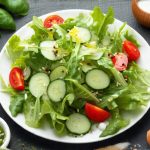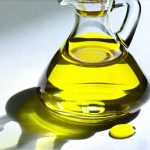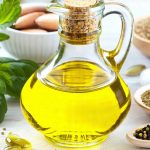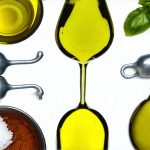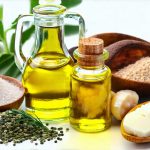The modern diet is heavily reliant on oils – for cooking, baking, frying, even seemingly healthy salad dressings. While essential fatty acids are vital for bodily function, the sheer volume of oil many individuals consume has steadily increased over the past several decades. This isn’t necessarily about choosing “bad” oils; rather, it’s the consistent, often excessive, incorporation of these fats into our daily meals that can lead to unexpected digestive consequences. Many people are unaware that seemingly innocuous overuse of cooking oils can contribute significantly to stool softness and related gastrointestinal discomfort, even without other obvious dietary indiscretions. This isn’t always a dramatic symptom; it frequently manifests as subtle changes in bowel habits that individuals may dismiss or attribute to other factors.
Understanding the link between dietary fats and gut health requires moving beyond simplistic “fat is bad” narratives. Fats play crucial roles in nutrient absorption, hormone production, and cell function. However, the digestive system has a limited capacity for processing large quantities of fat. When this capacity is exceeded – through consistently oily cooking methods or generous oil additions to meals – the result can be malabsorption, altered gut motility, and ultimately, changes in stool consistency. This isn’t necessarily indicative of a serious underlying condition, but it does highlight the importance of mindful oil consumption and its impact on digestive wellbeing. We often focus on reducing sugar and processed foods, overlooking the quiet influence of this ubiquitous ingredient. Understanding stool tests help build a picture of overall gut health can provide valuable insights into your individual needs.
The Science Behind Fat & Stool Softness
The process begins with digestion. When fats enter the small intestine, they signal the release of bile from the gallbladder. Bile emulsifies the fat, breaking it down into smaller droplets so enzymes like lipase can effectively digest them. This is a crucial step for absorption. However, excessive fat intake overwhelms this system. The body struggles to process all the incoming lipids, leading to incomplete digestion. Undigested or poorly digested fats then travel further down the digestive tract, reaching the large intestine. Here’s where problems start to arise.
These undigested fats have several effects. Firstly, they can act as a natural laxative. Fat is not readily absorbed in the large intestine; its presence draws water into the colon, increasing stool volume and softening its consistency. Secondly, excessive fat alters gut motility – the muscle contractions that move food through the digestive system. This can lead to faster transit times, reducing the time for water absorption and further contributing to softer stools. Finally, certain fats, especially when consumed in large quantities, can disrupt the delicate balance of gut bacteria (the microbiome), potentially exacerbating these effects. The relationship is complex and varies between individuals, but the core principle remains: too much fat overwhelms the digestive process, impacting stool consistency. It’s important to understand how your gut reacts to overuse of antacids as well, since this can affect digestion.
It’s also important to note that different types of fats behave differently. Saturated fats tend to be more solid at room temperature and can contribute to a slower transit time in some cases, while polyunsaturated and monounsaturated fats are liquid and generally promote faster movement through the gut. However, even “healthy” oils, when used excessively, can lead to these issues. The problem isn’t necessarily which oil you use, but how much. This is why a balanced approach, mindful portion sizes, and alternative cooking methods are key. Considering best cooking oils for gas-free meals can help mitigate some digestive distress.
Understanding Malabsorption & Gut Microbiome Disruption
Malabsorption doesn’t always mean a complete inability to digest fats; it often refers to a reduced capacity. When the digestive system can’t efficiently break down fats, they remain largely intact as they move through the intestines. This leads to several consequences beyond stool softness. – Steatorrhea – the presence of excessive fat in the feces – is one sign, though not always readily apparent. – Reduced absorption of fat-soluble vitamins (A, D, E, and K) can occur, potentially leading to deficiencies over time. – Bloating, gas, and abdominal discomfort are common symptoms as undigested fats ferment in the large intestine.
The gut microbiome is a complex ecosystem of bacteria, fungi, viruses, and other microorganisms residing in your digestive tract. It plays a vital role in digestion, immunity, and overall health. Excessive fat intake, particularly saturated and trans fats, can disrupt this delicate balance. This disruption, known as dysbiosis, can lead to: – A decrease in beneficial bacteria – those that support healthy digestion and immune function. – An increase in harmful bacteria – which can contribute to inflammation and digestive issues. – Altered production of short-chain fatty acids (SCFAs) – crucial metabolites produced by gut bacteria that provide energy for colon cells and have anti-inflammatory properties. The influence of certain cooking oils on the microbiome is a growing area of research.
Restoring a balanced microbiome is vital, but it requires more than just reducing fat intake. Incorporating probiotic-rich foods like yogurt, kefir, sauerkraut, and kimchi can help replenish beneficial bacteria. Fiber-rich foods act as prebiotics – nourishing the existing good bacteria in your gut. A diverse diet that prioritizes whole, unprocessed foods is essential for long-term gut health.
Cooking Methods & Oil Usage: A Practical Assessment
The way we cook our food significantly impacts oil absorption and subsequent digestive effects. Frying, for example, inherently involves a much higher oil uptake compared to steaming, baking, or grilling. Foods fried in deep fryers absorb significant amounts of oil, even after draining. Similarly, repeatedly using the same frying oil degrades its quality and increases the risk of harmful compounds forming, further burdening the digestive system.
Consider these practical steps for assessing your oil usage: 1. Portion Control: Measure oil instead of pouring directly from the bottle. Start with a teaspoon or tablespoon, depending on the recipe and cooking method. 2. Alternative Methods: Explore steaming, baking, grilling, air frying, or using non-stick cookware to minimize oil use. 3. Oil Selection: Choose oils with lower saturated fat content and higher smoke points for high-heat cooking. Olive oil is excellent for low-to-medium heat applications, while avocado oil has a higher smoke point suitable for frying. 4. Recipe Modification: Look for ways to reduce oil in recipes without compromising flavor or texture. For example, use applesauce or mashed banana as a substitute for some of the oil in baking. Focusing on cooking at home for reflux control can give you more agency over ingredients.
It’s also important to be mindful of “hidden” oils – those found in processed foods, salad dressings, and sauces. These can quickly add up, contributing to overall fat intake. Reading food labels carefully and choosing whole, unprocessed options whenever possible is crucial for managing your dietary fat consumption. If you suspect certain cooking oils aggravate gas symptoms, pay close attention to how your body reacts.
Lifestyle Factors & Holistic Approaches
Beyond diet, several lifestyle factors influence digestion and stool consistency. Stress plays a significant role; chronic stress can disrupt gut motility and contribute to digestive issues. Regular exercise promotes healthy bowel movements and reduces inflammation. Adequate hydration is essential for softening stools and preventing constipation. Aim for at least eight glasses of water per day.
Furthermore, it’s crucial to consider individual sensitivities and intolerances. Some individuals may be more sensitive to certain fats than others. Food diaries can be helpful in identifying potential triggers. Keeping track of what you eat and how your body responds can reveal patterns and help pinpoint problematic foods or cooking methods. Understanding how reflux symptoms vary by time of day can also inform dietary choices.
Ultimately, achieving optimal digestive health requires a holistic approach that encompasses dietary modifications, stress management, regular exercise, and adequate hydration. It’s about creating sustainable habits that support overall wellbeing rather than following restrictive diets or quick fixes. Remember to consult with healthcare professionals for personalized guidance and to rule out any underlying medical conditions if you experience persistent digestive issues.

